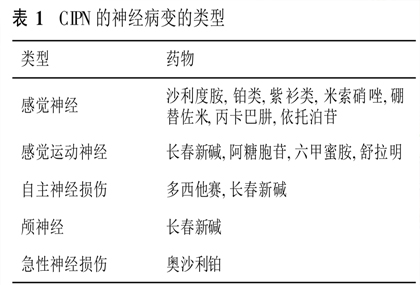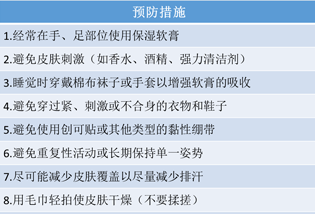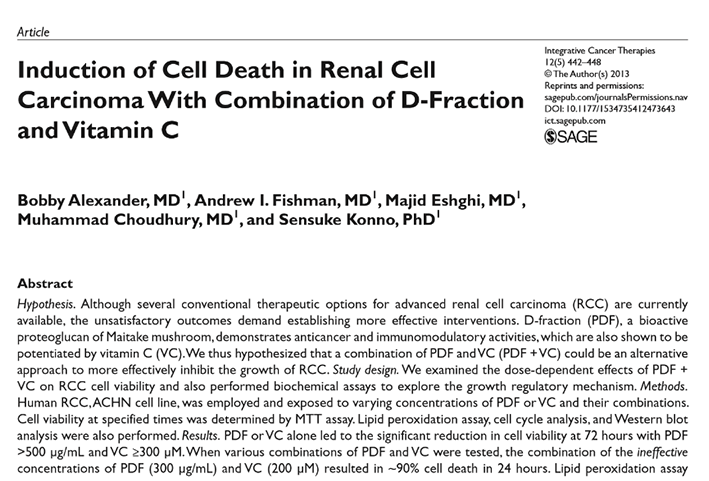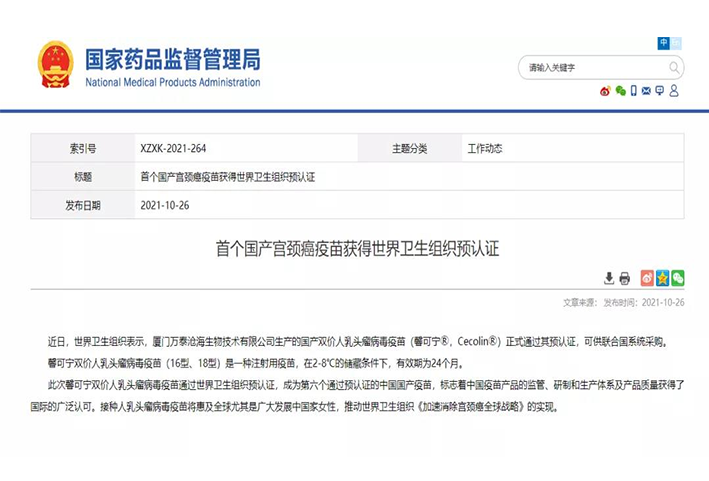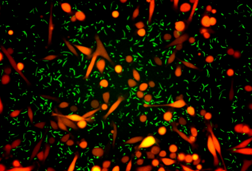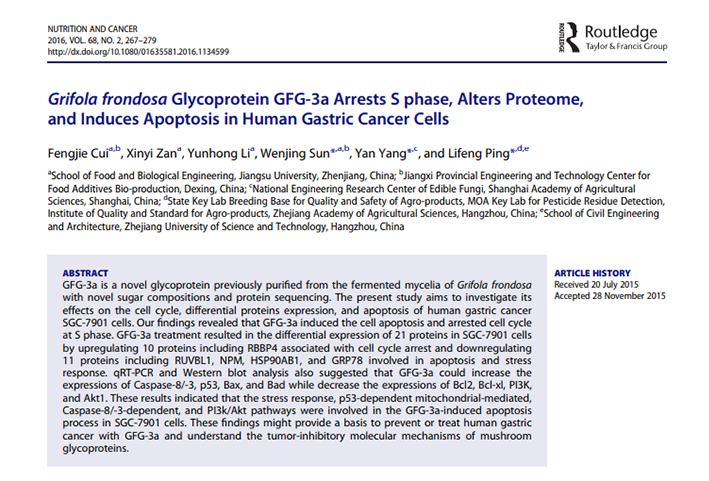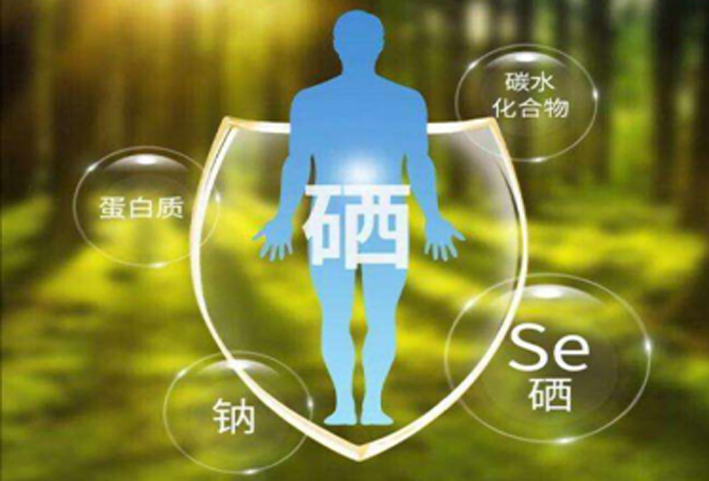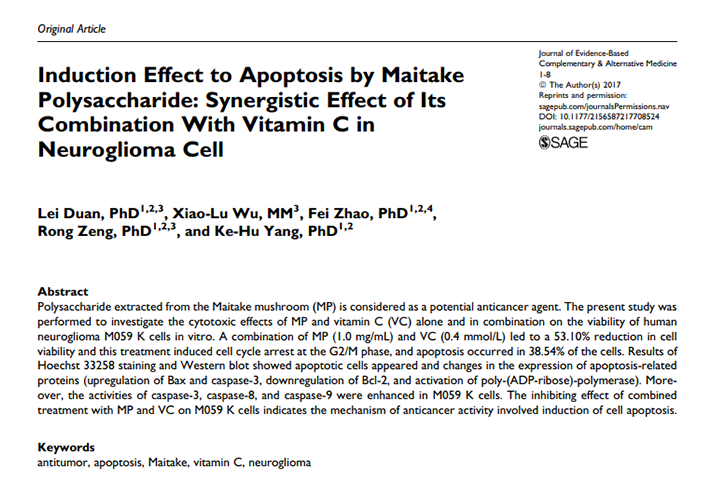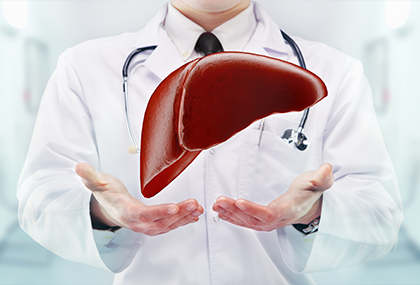Introduction: it is reported that the incidence of colorectal cancer (CRC) among young people has shown an alarming growth trend; However, its underlying molecular mechanism remains undefined. Suspected risk factors for juvenile colorectal cancer include environmental factors, such as lifestyle and dietary habits, which can affect the biological clock. In a new study, researchers determined how the biological clock affects cell growth, metabolism and tumor progression. Their study also revealed how disruption of the biological clock affects genomic stability and mutation, thereby further driving the development of key tumors in the gut.
The title of this study is "disruption of the circadian clock drives APC loss of heterozygosity to accelerate colorectal cancer", which was published on science advances on August 10.

https://www.science.org/doi/10.1126/sciadv.abo2389
01 research background
According to the data of the National Institutes of health, the incidence rate of early-onset colorectal cancer among young people has increased dramatically. Today, nearly 10% of CRC cases are now diagnosed in people under 50 years of age, and this trend is steadily rising. Suspected risk factors include environmental factors, such as lifestyle and dietary factors, which are known to affect the biological clock.
"As a society, we have long been exposed to several environmental factors that affect our biological clock, including night shift work, long-time light, changes in sleep / wake cycle and changes in feeding behavior," said Dr. Selma Masri, assistant professor of Biochemistry at UCI medical school. "It is shocking that we have seen an alarming increase in several young onset cancers, including colorectal cancer. The root cause of the increase in cancer incidence rate among adults in their 20s and 30s has yet to be determined. However, based on our findings, we now believe that the disorder of the biological clock plays an important role
02 research progress
During the research, scientists developed a new tissue-specific genetically engineered mouse model (GEMM) to define the molecular pathway connecting circadian rhythm disruption and CRC pathogenesis. The results showed that the genetic deletion of intestinal APC and BMAL1 resulted in a statistically significant increase in polyp formation compared with the disruption of APC alone. They also demonstrated that environmental disruption of the biological clock accelerates APC mutations, thereby increasing the tumor burden in the GEMM mouse model.
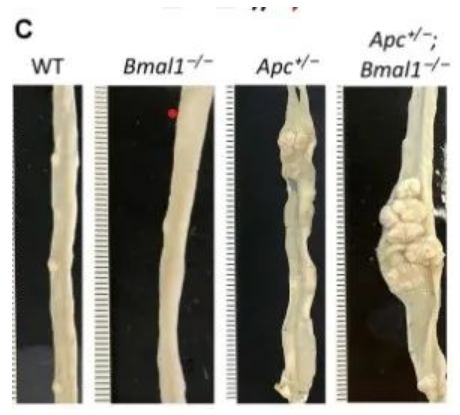
03 research results
In this study, researchers found that both genetic disruption and environmental disruption of the biological clock contribute to the mutation of adenomatous polyposis Escherichia coli (APC) tumor suppressor, which is found in the vast majority of human colorectal cancer (CRC). APC point mutations, deletions, and heterozygous (LOH) events have been reported in approximately 80% of human CRC cases, and it is these mutations that drive the onset of intestinal adenoma development.
APC mutations are also associated with second hits in key oncogenic pathways, including KRAS, BRAF, p53, and Smad4, which drive adenocarcinoma progression and jointly promote disease progression. These findings now involve disruption of the biological clock to drive additional genomic mutations that are critical for accelerating colorectal cancer.
04 research significance
Biological clock is an internal biological pacemaker, which controls many physiological processes. Masley's research focuses on how disruption of the biological clock is involved in the development and progression of certain cancer types. Next, researchers will continue to carry out further research aimed at determining how the biological clock affects other cancer types.
Reference material:
https://phys.org/news/2022-08-reveals-circadian-clock-cell-growth.html
https://www.science.org/doi/10.1126/sciadv.abo2389
Source link:
https://www.medsci.cn/article/show_article.do?id=cf0be36019ac



